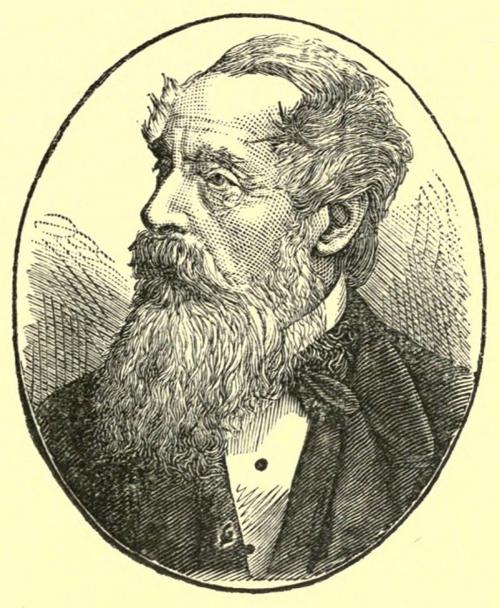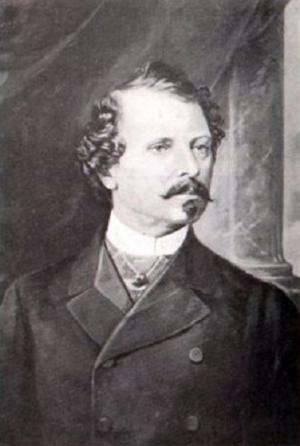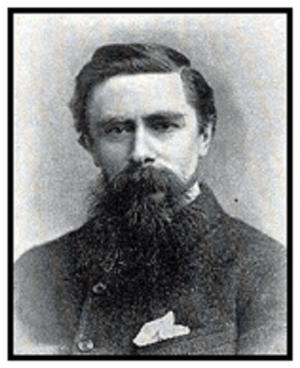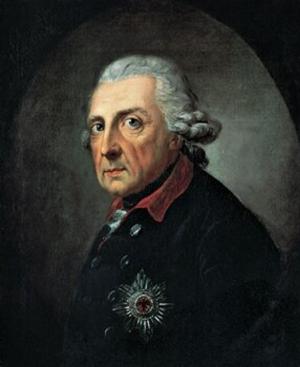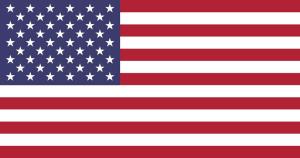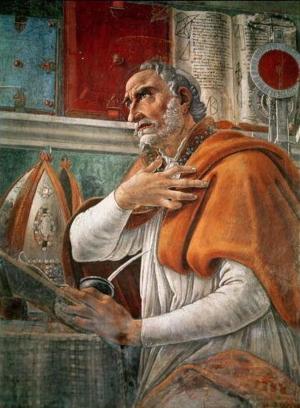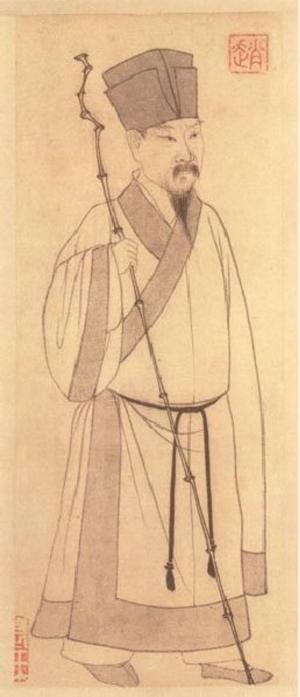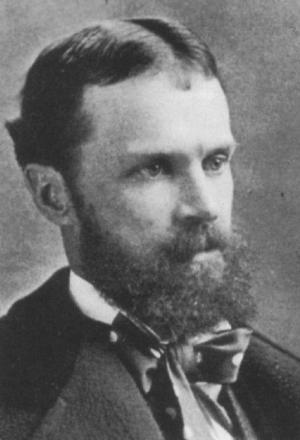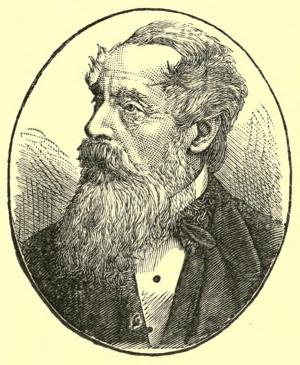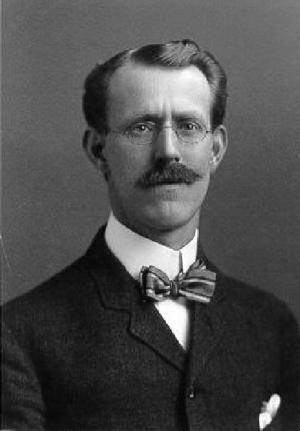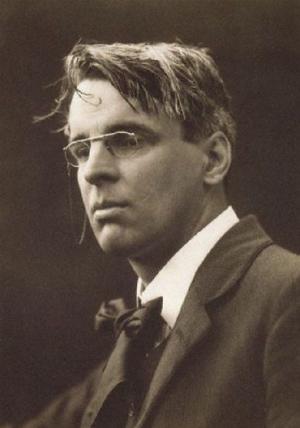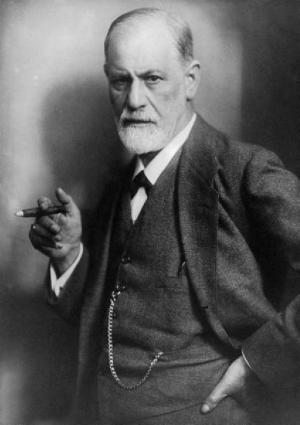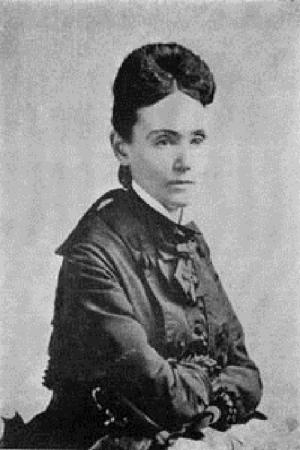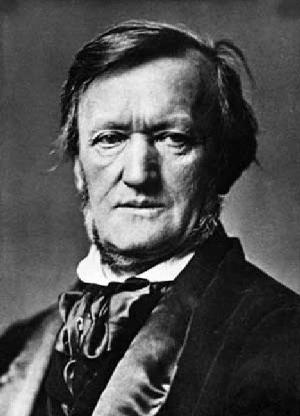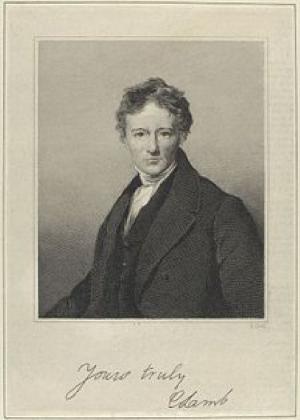| Author: | Kingston, W.H.G. | ISBN: | 9781455302994 |
| Publisher: | B&R Samizdat Express | Publication: | June 10, 2015 |
| Imprint: | Quench Editions | Language: | English |
| Author: | Kingston, W.H.G. |
| ISBN: | 9781455302994 |
| Publisher: | B&R Samizdat Express |
| Publication: | June 10, 2015 |
| Imprint: | Quench Editions |
| Language: | English |
A very short book, and a fairly early one of the author's. The subject matter is the early days of the Reformation, and the time at which the Roman Church was trying to prevent ordinary people from reading the Bible in general, and the Gospels in particular. The Woodcutter with his son and his donkey are working in the forest, one evening, when a man asks them for directions to get out of the forest. They offer him a bed for the night, so he comes to their home, where he produces his wares, which consist of Bibles, and he explains them to the enthralledfamily. According to Wikipedia: "William Henry Giles Kingston (28 February 1814 - 5 August 1880), writer of tales for boys, was born in London, but spent much of his youth in Oporto, where his father was a merchant. His first book, The Circassian Chief, appeared in 1844. His first book for boys, Peter the Whaler, was published in 1851, and had such success that he retired from business and devoted himself entirely to the production of this kind of literature, in which his popularity was deservedly great; and during 30 years he wrote upwards of 130 tales, including The Three Midshipmen (1862), The Three Lieutenants (1874), The Three Commanders (1875), The Three Admirals (1877), Digby Heathcote, etc. He also conducted various papers, including The Colonist, and Colonial Magazine and East India Review. He was also interested in emigration, volunteering, and various philanthropic schemes. For services in negotiating a commercial treaty with Portugal he received a Portuguese knighthood, and for his literary labours a Government pension."
A very short book, and a fairly early one of the author's. The subject matter is the early days of the Reformation, and the time at which the Roman Church was trying to prevent ordinary people from reading the Bible in general, and the Gospels in particular. The Woodcutter with his son and his donkey are working in the forest, one evening, when a man asks them for directions to get out of the forest. They offer him a bed for the night, so he comes to their home, where he produces his wares, which consist of Bibles, and he explains them to the enthralledfamily. According to Wikipedia: "William Henry Giles Kingston (28 February 1814 - 5 August 1880), writer of tales for boys, was born in London, but spent much of his youth in Oporto, where his father was a merchant. His first book, The Circassian Chief, appeared in 1844. His first book for boys, Peter the Whaler, was published in 1851, and had such success that he retired from business and devoted himself entirely to the production of this kind of literature, in which his popularity was deservedly great; and during 30 years he wrote upwards of 130 tales, including The Three Midshipmen (1862), The Three Lieutenants (1874), The Three Commanders (1875), The Three Admirals (1877), Digby Heathcote, etc. He also conducted various papers, including The Colonist, and Colonial Magazine and East India Review. He was also interested in emigration, volunteering, and various philanthropic schemes. For services in negotiating a commercial treaty with Portugal he received a Portuguese knighthood, and for his literary labours a Government pension."
